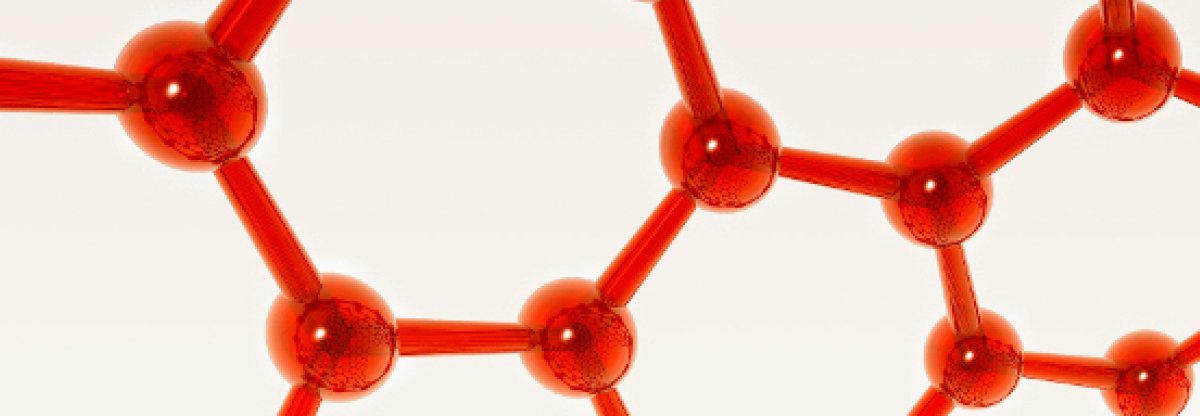Polymers, giant molecules comprised of tens to thousands of chemical repeating units, constitute one of the largest segments of the chemical and materials industries. Linear and branched macromolecules are synthesized using a variety of polymerization techniques leading to well-defined molecular structures. These architectures provide access to physical properties ranging from viscoelastic fluids to soft and stiff gels, glassy and semicrystalline solids, and a host of solution states. Applications for such contemporary materials span drug delivery to biorenewable elastomers to nanostructured products for use in water purification, semiconductor manufacturing, ion bearing membranes and tough commodity plastics. The polymer program provides a comprehensive approach to solving fundamental polymer-based problems through the design and characterization of model materials, especially self-assembling block polymers, blends, composites and solutions, augmented by theory and simulation. State-of-the art tools include: extensive polymerization and molecular characterization facilities; electron, optical and atomic force microscopy; light, X-ray and neutron scattering; calorimetry; rheological instrumentation; mechanical and other physical property test equipment. The program maintains extensive collaborations with dozens of companies through the Industrial Partnership for Research in Interfacial and Materials Engineering (IPRIME) and several national laboratories including the National Institute for Standards and Technology (NIST) and Argonne National Labs, and plays a central role in the National Science Foundation funded UMN Materials Research Science and Engineering Center (MRSEC) and Center for Sustainable Polymers (CSP).

